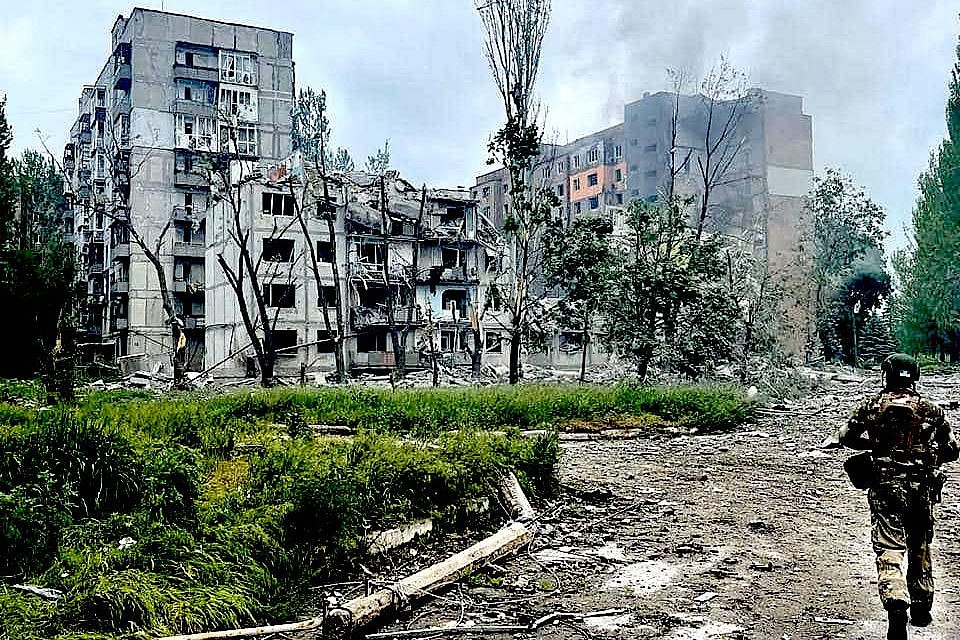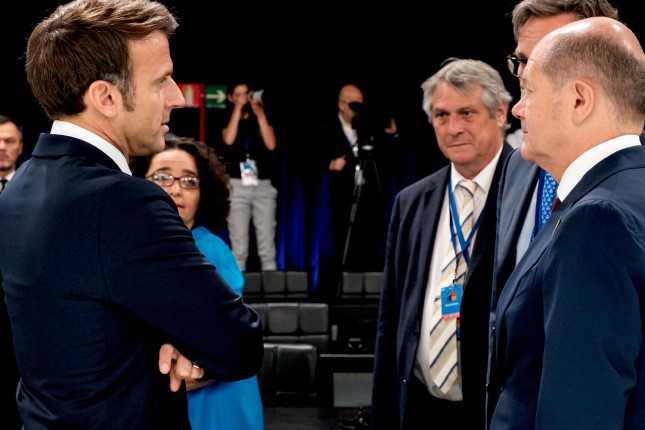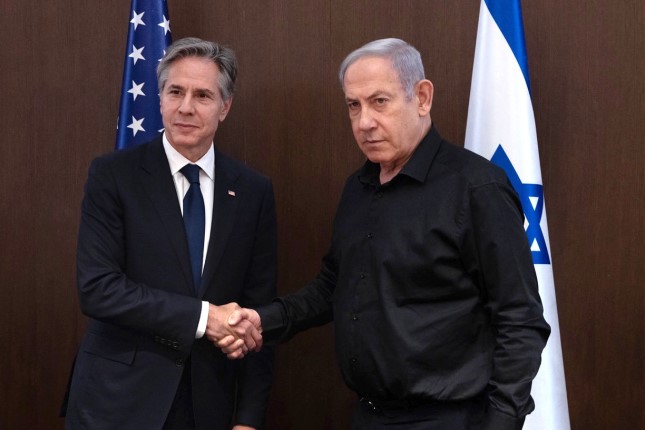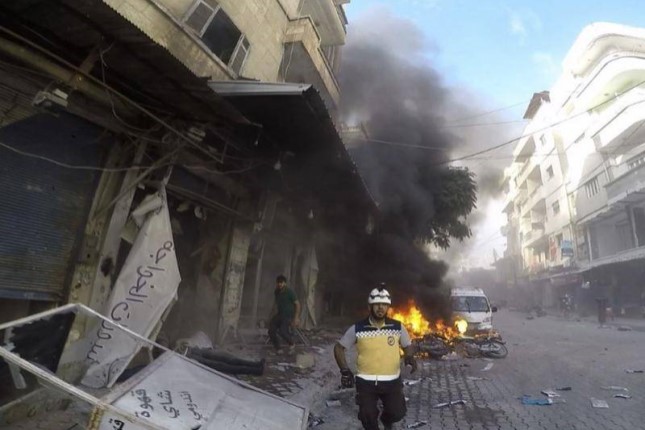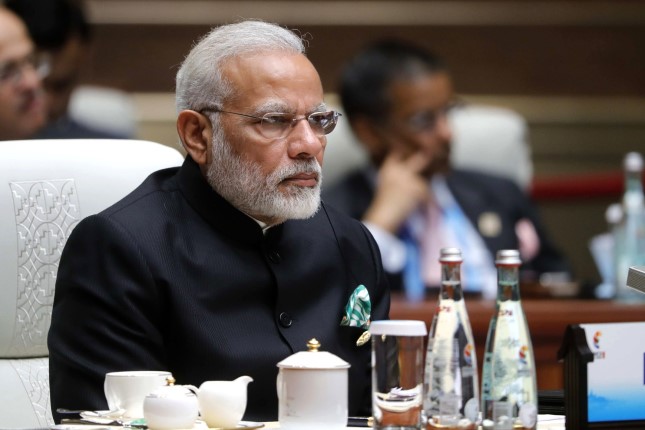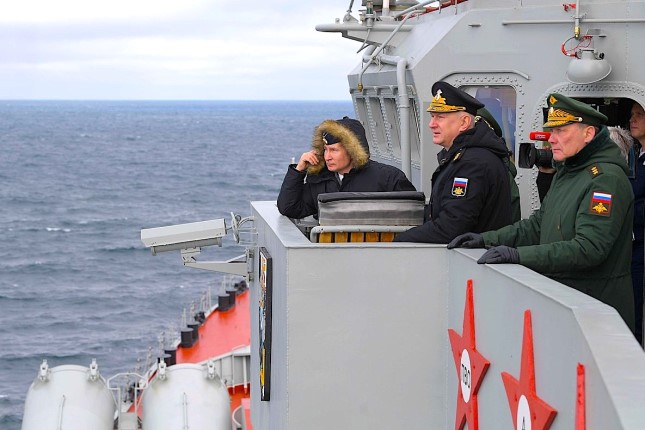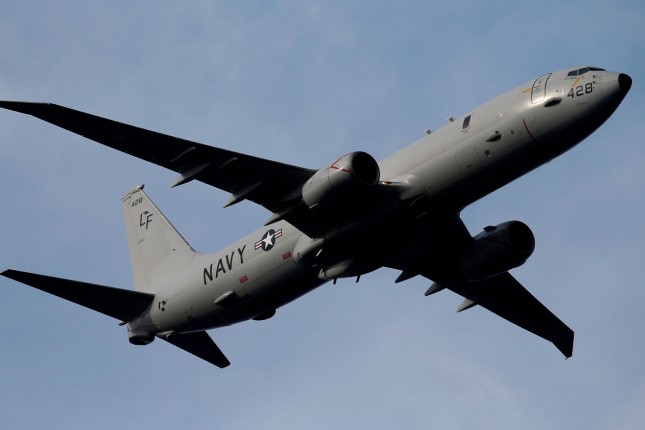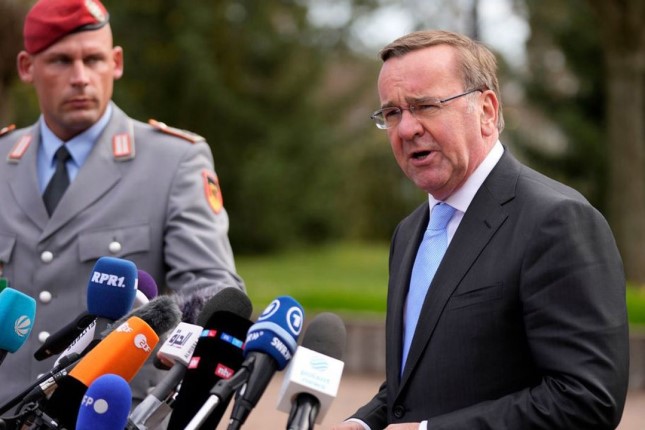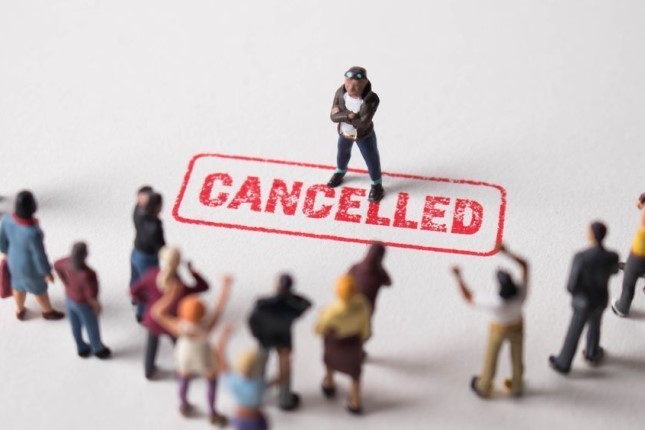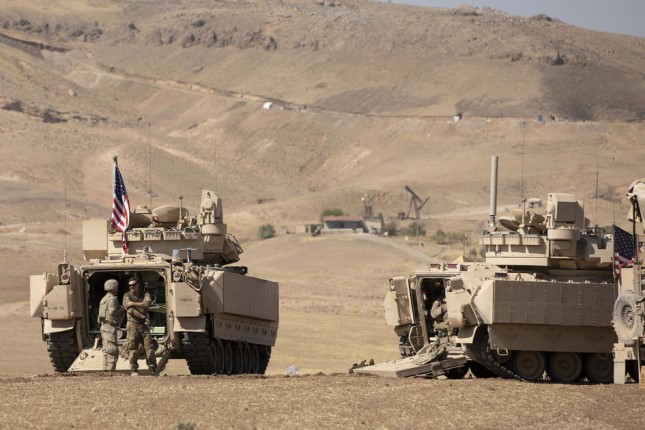There is an unusually high diversity of views among commentators with some sympathetic understanding of Russia’s strategic situation and goals about what will happen in Alaska on Friday when Russian President Vladimir Putin and U.S. President Donald Trump meet about among other things, the war in Ukraine.
This is a situation where prognosis is more difficult than usual.
Berletic & Sleboda Expecting Failure
The gloomiest of views are from analysts Brian Berletic and Mark Sleboda. Both look grimly at the recent experience of Trump’s treachery. They believe America cannot be trusted at any level.
They fear the chaos that surrounds Trump could enable an attempted assassination of Putin on Alaskan soil and at the vulnerable moments of his plane landing or departing. There is a lot of hilly forest around Anchorage to hide assassins with handheld SAM missiles.
There is also the matter of Putin risking arrest on U.S. soil under indictment from the International Criminal Court. The U.S. does not need to be an ICC member to detain him and turn him over to The Hague court. Apparently Putin has accepted U.S. assurances that nothing will happen to him on the U.S. military base where the summit will take place.
It is somewhat relieving in fact that the meetings will take place on the U.S. base and I hope the Russian guest’s top security advisers will insist on Putin’s minimum engagement with media and with the populace. This is not Moscow.
Sleboda, who spends a lot of time with members of the Russian military, is worried about Putin going in blind to a meeting without proper diplomatic preparation. He has flipped his firm doctrines. The intended goals of both sides are still murky to say the least.
It is not at all clear what is actually on the agenda. Every day Trump seems to say something different about possible Russia-Ukraine land swaps as the key to peace. Russia has not indicated it is ready to do such a deal. Why would it? Russia is advancing to occupy all of the two Donbass oblasts, as Ukrainian forces’ withdraw from the last bastions of Pokrovsk, Konstantinovka and finally Slavyansk and Kramatorsk. In Zaporizhie and Kherson oblasts, would the present line of military contact along the Dnieper River become a permanent border?
This would leave Zaporizhie City and Kherson City in Ukraine, with the adjacent Dnieper as the border in all four oblasts.
Russia would need to change its constitution to enable this major concession. It would only be conceivably acceptable to Russia as part of a durable total peace package which met all of Russia’s other goals for Ukraine: guaranteed neutrality, no NATO presence, denazification and protection of ethnic Russians’ human rights.
The Russian military could very likely be unhappy at an incomplete victory after all their sacrifices. Presumably Russia would also have to withdraw from the border security zones it has occupied in Sumy and Kharkov oblasts in the north.
Neither Berletic nor Sleboda holds out hope for this outcome. They expect the talks to fail. They are resolute that there will be no peace in Ukraine without root-and-branch regime change in Kiev for a new government ready to accept Russia as a neighbour.
As long as the Banderist poisonous ideology continues to rule in Ukraine, there can be no real peace. They expect war to continue until Russian military victory and peace terms dictated by Moscow.
Ukraine’s President Volodymyr Zelensky in his usual curmudgeonly way, backed by the NATO Europeans, has in any case outright rejected this possible land swap deal.
In a videoconference with European leaders on Wednesday, Trump agreed not to “negotiate territorial issues, saying that Ukraine must discuss that directly with Russia,” The Wall Street Journal reported, quoting German Chancellor Friedrich Merz, who called the meeting. Trump also threatened “severe consequences” for Russia if it did not agree to an immediate ceasefire at the summit without territorial concessions, something Russia has repeatedly said it would not agree to.
Gilbert Doctorow Sees Hope
Analyst Gilbert Doctorow sees Alaska as the first stage in a phased process of approaching peace. He is the most optimistic in this group of Western independent commentators. He looks outwards from Ukraine to a wider European normalisation picture and sees hope there, as Russophobe NATO governments’ support shrinks and unrest mounts at home.
Trump himself said something before Wednesday’s conference with European leaders that supports Doctorow’s view, calling Alaska a “feeling-out” to be followed by further meetings.
The Russians are already speaking of an early second meeting in Russia, perhaps in Vladivostok to pursue the logical theme of two Pacific military power acting like good neighbours? Improving U.S.-Russian relations appears to be one of Putin’s principal goals in flying to the United States.
MacGregor & Larry Johnson — Doubts About Trump
Both Colonel Douglas MacGregor and ex-C.I.A. analyst Larry Johnson have pointed to the difficulties of making progress in Alaska and to Trump’s tendency to cave in under pressure from the spoilers who will be legion. Who in Trump’s cabinet actually supports his aspirations for peace with Russia? All still inhabit the RAND mental universe of endless confrontation and containment of Russia.
Kirill Dmitriev Looks for New Bilateral Detente
On the Russian side, there is determined optimism from Kirill Dmitriev on his Twitter X page.
Dmitriev has been Putin’s lead negotiator cooperating with Trump’s lead negotiator Steve Witkoff. Dmitriev expressed confidence that the neoconservatives and other conflict instigators “will not be smiling” on Friday.
He emphasised the wider prospects of both leaders’ aspirations beyond Ukraine, to a new bilateral detente marked by Arctic cooperation, an end to sanctions, and normalised diplomacy and commerce, possibly in a Reagan-Brezhnev model for a new U.S.-Russia detente.
Other Russian pro-Kremlin commentators write enthusiastically about the symbolic significance of Alaska as a historical model of cooperation when Russia sold Alaska to the U.S. on generous terms to forestall the British taking it by force, and supported the U.S. diplomatically in the War of Independence against Britain and the Civil War against the Confederacy.
Jeffrey Sachs’ Advice for Trump
Jeffrey Sachs, talking on Monday with Glenn Diesen, offered the most balanced commentary, refusing to make a prognosis, but setting out clearly and bluntly what he would like to see happen.
He wants Trump to take courage — something Sachs notes he’s not known for — and go forward with Putin on a calmly negotiated path towards a new detente. He wants Trump to tell Zelensky, Merz, U.K. Prime Minister Keir Starmer, NATO Secretary General Mark Rutte, European Commission President Ursula von der Leyen and the European Union’s top diplomat Kaja Kallas to go take a jump in the Iliamna, Alaska’s largest lake.
He wants Russia’s goals to be publicly endorsed by Trump: end of war, neutral Ukraine, no NATO presence, democratic elections in Ukraine to replace the undemocratic martial law rule of Zelensky. He points to the desperate desire of 80 percent of polled Ukrainians to end the war. This all should give Trump new courage.
But Sachs is not optimistic this will happen. He thinks Trump will cave in to the deep state and fanatical NATO outliers in Europe, as he has caved before.
My Own Hunches
Recalling the way Trump folded when he returned home after the initially promising summit in Helsinki in 2018 during his first term, under huge American deep state and Western media pressure that he had been tricked by Putin into betraying American interests, it is reasonable to expect similar media aggression in Anchorage.
I hope U.S. First Lady Melania Trump will go, as she might help keep things friendly with Putin and stiffen Trump’s spine to go forward, as she did in Helsinki. But she can only do so much.
There are no reliable experienced diplomatic advisers around Trump. Witkoff’s focus is commercial. The mindsets of U.S. Secretary of State Marco Rubio and Defense Secretary Pete Hegseth are problematic. Trump will be drifting through the meetings. Hopefully his vice president, J.D. Vance, will support him.
The onus will be on Putin to charm and persuade the irresolute Trump into moving forward decisively and leaving good foundations from Alaska to guide a further summit meeting. Witkoff and Dmitriev will resolutely push this outcome, if it should come about.
Zelensky won’t be there to throw his characteristic spanners into the works. (On a lighter note, Putin said he would only accept Zelensky’s presence if Putin’s key ally, Dmitry Medvedev, a hardliner on Ukraine who has recently been sparring with Trump, were there too. The mind boggles.)
The Europeans are clearly panicking in advance of the meeting and this is a good sign. They know they have no real cards, unless they have really captured Trump’s mind in Wednesday’s conference all. They depend absolutely on U.S. military and energy support. They can only huff and puff if Trump stands firm for peace and his self-interest desire for a Nobel Prize.
One shouldn’t exclude a desperate false flag, Ukrainian atrocity, aided by MI6, on the eve of the summit to try and twist Trump’s mind against Putin. But they have left it pretty late. Fingers crossed it won’t happen now.
There is reason for a bit more optimism than Sachs exuded, because of Putin’s capacity to achieve real diplomatic progress, while making Trump feel respected and in charge.
Source: Consortium News.
